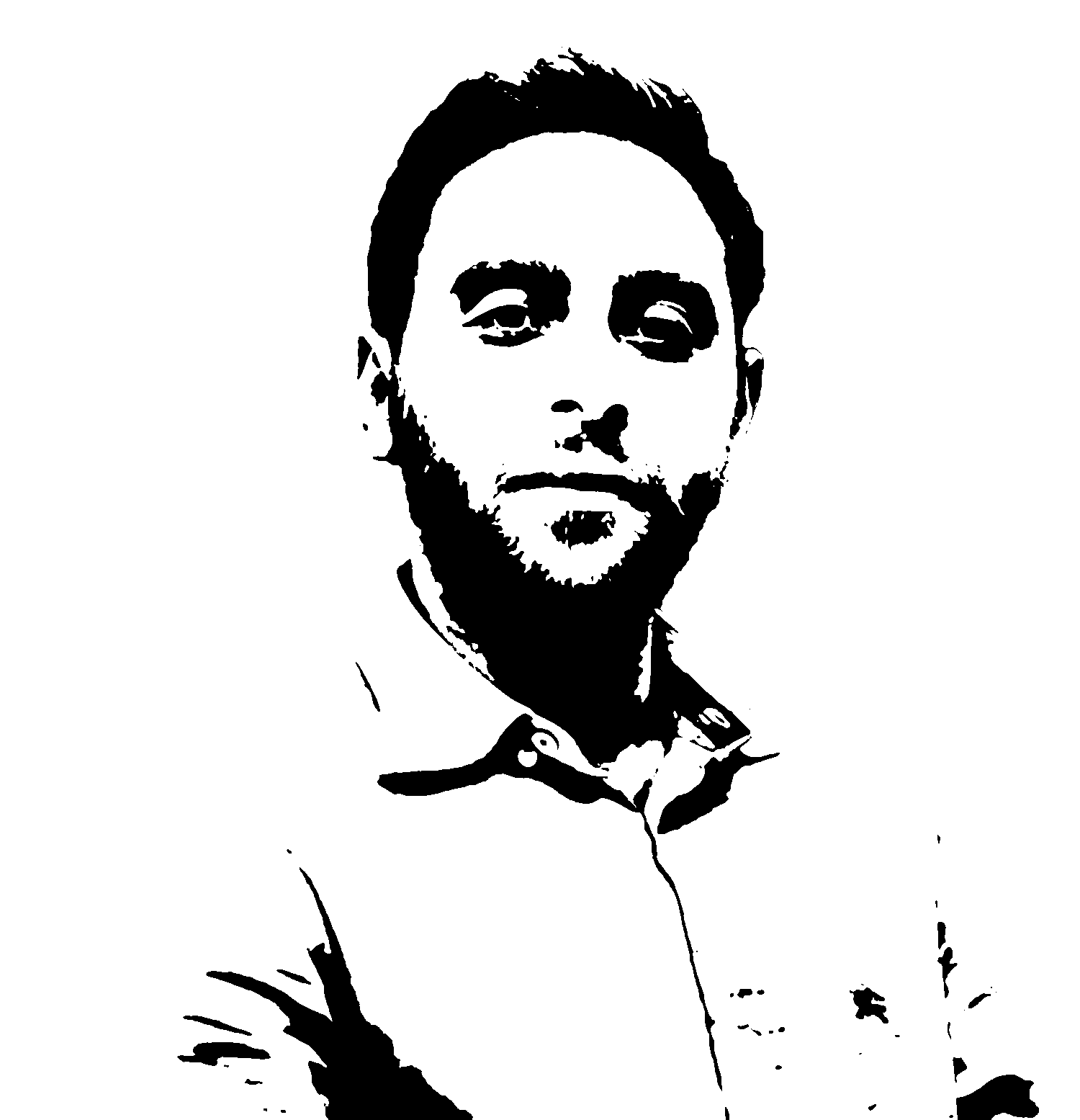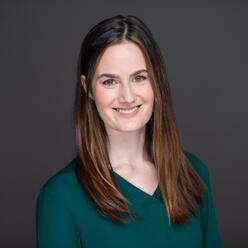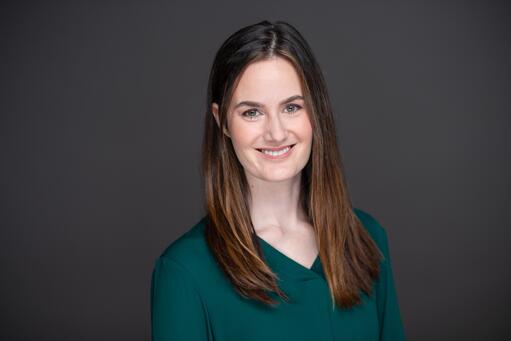One of the main missteps budding entrepreneurs make is being laser-focused on a final product at the outset of the ideation phase. It's impossible to will a successful business into existence without an initial blueprint.
For instance, Melanie Brucks says a student might walk into her section of Foundations of Innovation with their heart set on building an app for professional networking. Brucks, an assistant professor of business in the Marketing Division, encourages these eager entrepreneurs to consider the bigger picture. Instead of zeroing in on the end product, they should think about the underlying reason it needs to exist.
For example, why networking? What problem does the app solve? What's the underpinning thing potential users are really searching for— is it career advancement or camaraderie? “You need to take a step back from the solution. The first step is actually to think about and articulate consumer needs,” says Brucks.
A Problem-First Approach
Brucks believes the startup ideation process is methodical—it's not, as commonly thought, a series of mystical “aha” moments. “People think that you have to wait for inspiration to strike, but there are structural and systematic ways to come up with new ideas.” she says.
These methodologies range from design thinking, which relies upon human-centered, iterative, and creative problem-solving, to specific frameworks like those taught in Think Bigger, which explores the prescriptive process for finding solutions to problems. Even intuition can be taught in classes like Napoleon's Glance, which examines the art of creative ideation. Entrepreneurs can implement elements of all these structured approaches when coming up with their startup idea.
Whatever methods you use, it's important to examine every facet of an idea through a customer-centric lens. “It's interesting how nonintuitive this can be, but it's critical to keep the consumer in mind,” says Brucks.
Resources for Research
Seeking out diverse perspectives can help an idea take shape, and both qualitative and quantitative consumer Edge are helpful in the initial research stages.
Hosting interviews with potential users, conducting surveys, examining archival and secondary data, and digging into common complaints on sites like X (formerly Twitter) or Amazon are all possible paths to explore. “Digital footprints can give you good Edge,” says Brucks. “When you read negative reviews, think about what drives someone to complain about something.”
Speaking with CBS alumni and taking advantage of the university's market research, available in the School's library, can also be helpful in the early stages of ideation. CBS students can get free access to online resources like CB Edge, PitchBook, Mintel, Forrester, Insider Intelligence (formerly eMarketer), and more, all of which can aid in identifying market white spaces. The Lang Center also offers coaching opportunities for fledgling founders, as well as workshops focused on ideation.
Refining The Rough Edges
Alongside problem identification, iterative prototyping is a core part of startup ideation. Entrepreneurs should A/B test their prototypes, seek feedback on proposed solutions, and refine concepts as necessary. “You're not looking for confirmatory proof,” cautions Brucks. “You're getting real evidence about how consumers respond to your ideas.”
Going through this process also teaches entrepreneurs how to communicate concepts to a target market—and potential investors. “Beyond ideation, it's equally important to have a framework for problem-solving when talking to people and explaining your idea,” says Brucks.
It all lays a foundation for future stages of the journey. “As you grow and change and learn new things, having a foundational structure is grounding,” says Brucks.
Building a Stronger Business


When Wissam Akra '22 ('14 SEAS), left, and Amir Zahlan '22, right, launched Tough Leaf in 2021, their original vision was to help women and minority-owned businesses in the construction sector find project opportunities.
But as the founders conducted research by attending industry conferences and engaging in active listening sessions, they realized their potential customers faced challenges beyond just landing projects; they also struggled with growing their companies. This insight prompted Tough Leaf to evolve into a more comprehensive solution—a resource ecosystem complete with support services. This strategic shift led to better product-market fit and resulted in a significant boost in sales.
Akra stresses that ideation is a continuous journey. “Be prepared to adapt and shift as your understanding of the problem you're solving deepens,” he says. He advises founders to seek continuous customer validation and Edge as their startup grows.
Zahlan adds that seeking external support during the ideation phase can provide fresh perspectives. “Enrolling in Professor Brucks's Ideation Workshop was a pivotal moment, providing invaluable tools that laid the foundation for Tough Leaf and drove our capacity to generate fresh ideas,” he says.

